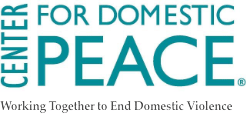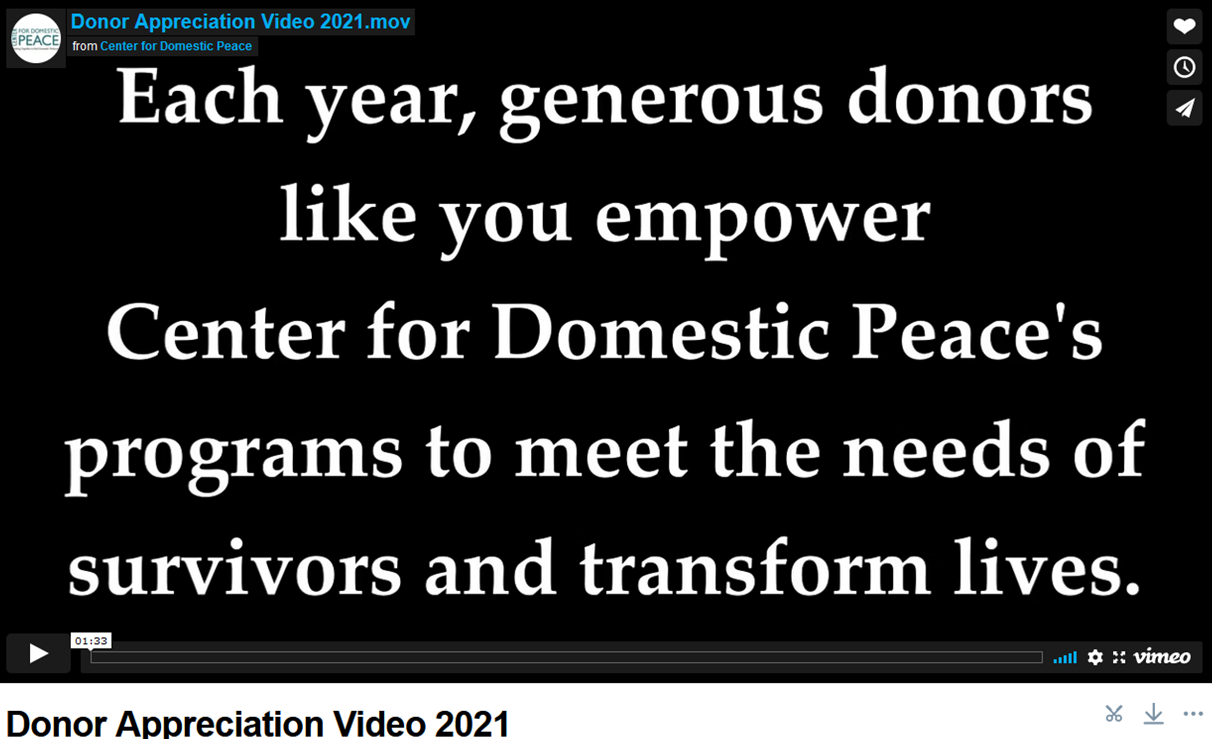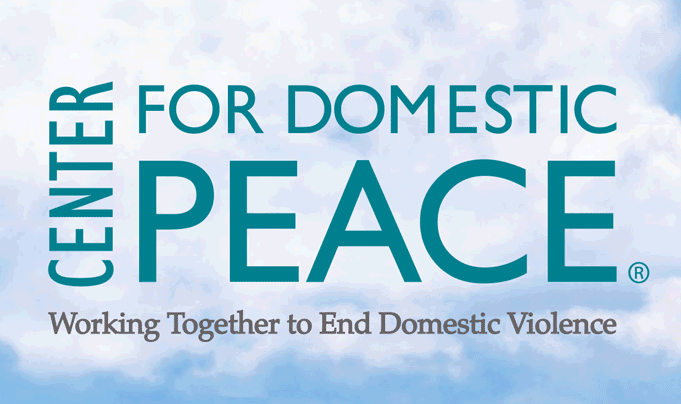Meet Brett – ManKind Facilitator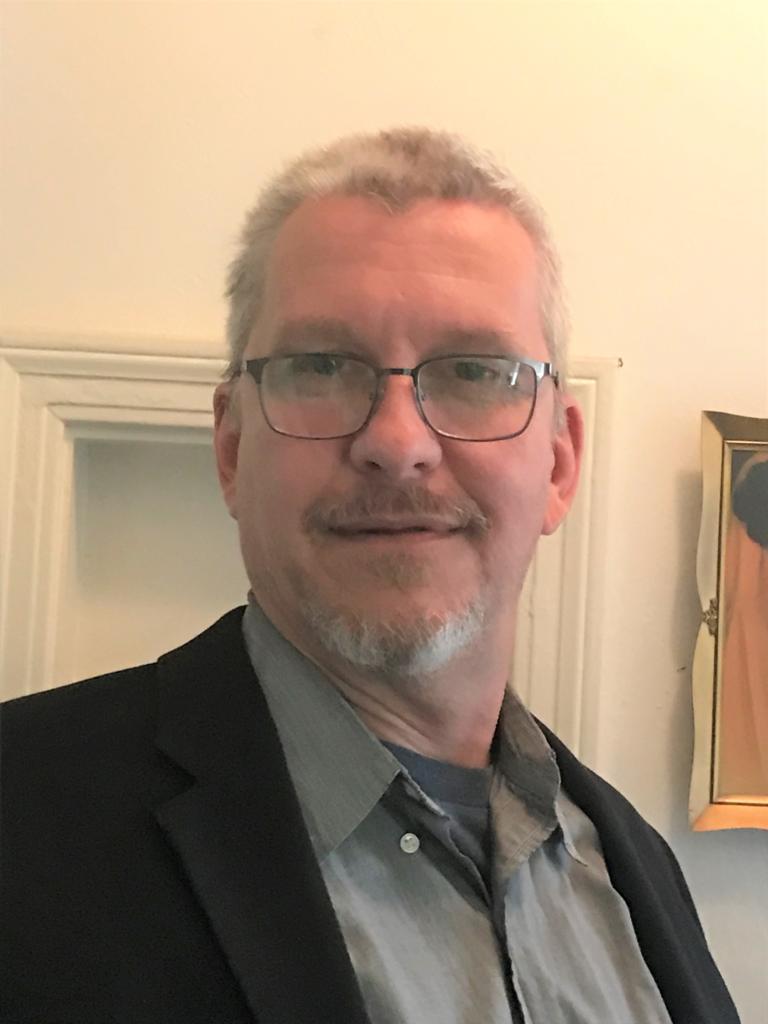
If you asked Brett before 2014 if he was a violent man, he would have said, “No way.” Two marriage counselors never mentioned any violence, yet as his marriage was deteriorating, he knew he needed help. His relationship was not healthy, and he didn’t know how to save it. As a child, he learned how to “fly under the radar” with his 4 older siblings – a commonly used phrase in our ManKind program, which means knowing how to be cruel or abusive without getting caught. He learned to stay quiet within the large family dynamics, not say much, and express negative feelings indirectly and through manipulation. He also witnessed his own father’s violence, but as he grew up, he never really understood how all of this affected his partnerships until he came to our ManKind program.
Brett doesn’t remember how he first heard about ManKind but vividly remembers the first meeting he attended. As he listened to the other men talk about their own relationships and violence, he was surprised to realize that just because he had never physically hit his wife didn’t mean he wasn’t violent.
Many who come to the 52-week program feel like Brett: they don’t see themselves as violent. It’s not until they learn and understand the program’s teachings that they realize there are many forms of violence, including emotional, that can show up in many ways – for example, holding grudges, withdrawing, and through passive aggressive communication. These forms of abuse which he displayed can be just as destructive to a relationship as physical violence, sometimes even more so.
ManKind’s foundational teaching is that abusive and violent behavior is learned and can be unlearned. Men and boys are taught what we call the “male-role belief system,” which reinforces men to use their power over another to control them and get what they want. This belief is deeply ingrained in our society and our diverse cultures and is reinforced in traditional patriarchal family systems where “I am king of my castle,” “she is mine,” and “boys don’t cry.”
The program requires men to be accountable for their behavior, recognize their unhealthy belief systems, and learn new ways to relate to their partners. Men meet weekly with other men and build a community of support for the process of unlearning these behaviors and violence and discovering their authentic self. The process can be painful, frustrating, and it doesn’t happen quickly. But, on the other side waits freedom from gender role belief systems, peace, and healthy relating.
After completing the first year of the program, Brett felt he was not done in his process and signed up for another year. Although the marriage did not last, he kept up the work, and after a third year and tremendous self-work he realized he wanted to do more and learn to be an advocate for men like himself. Brett started volunteering for the program in 2017 as a co-facilitator. With the transition to classes via Zoom last year during the pandemic, Brett is now facilitating 4 classes a week.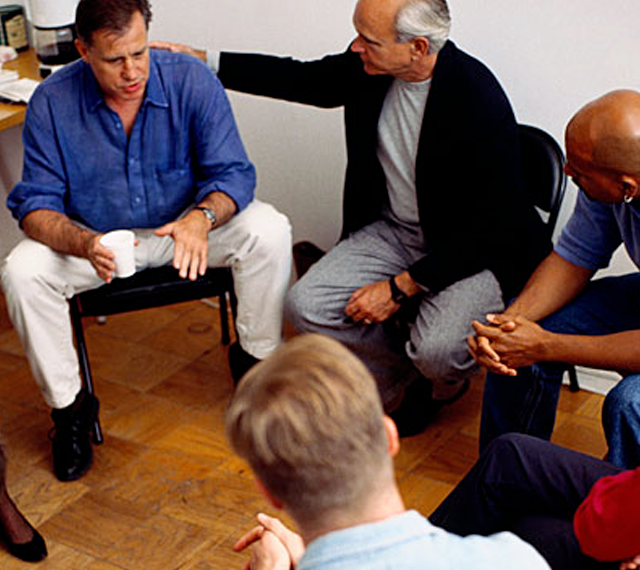
One man who attended online classes via Zoom sincerely thinks the program saved his relationship during the toughest days under the shelter-in-place order. He was able to check in weekly, collect input and advice from the group, and stay healthy with his partner. They are now stronger than ever as a couple!
When asked about his hopes for ManKind, Brett says he wants to expand it to include more young men and boys, as he sees them as the future. “Gender role training starts early, so that is where we should start with tips and tools on how to have healthy relationships,” he said. As the father of a 15-year-old boy, he is most proud of his role in teaching his son how to be healthy, honest, and to communicate authentically and peacefully. None of this would have been possible before he found ManKind.
So, what can other men do who are struggling in their relationships and worrying that their behavior is hurting their loved ones? Brett says, “Call me. I want to talk to you. You are not alone, and you don’t have to hurt the ones you love.”
To learn more about ManKind, please call (415) 457-6760 or visit our website at c4dp.org/programs-to-stop-abuse.
